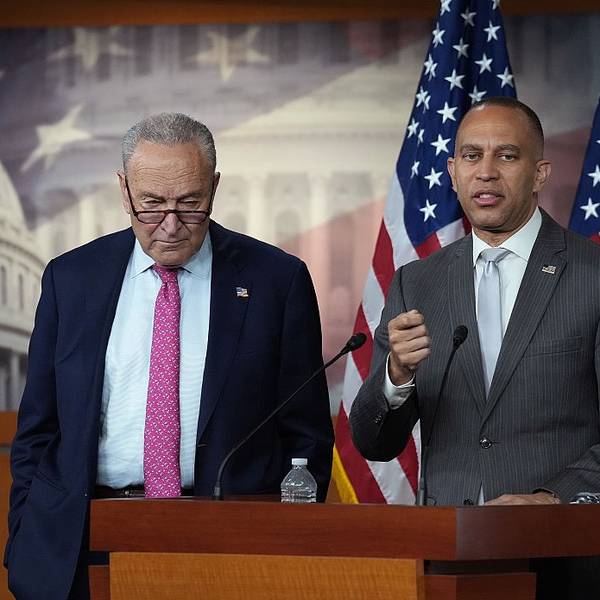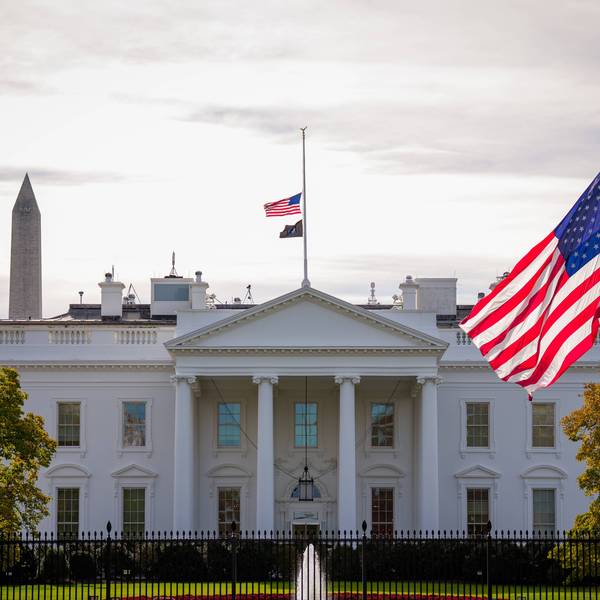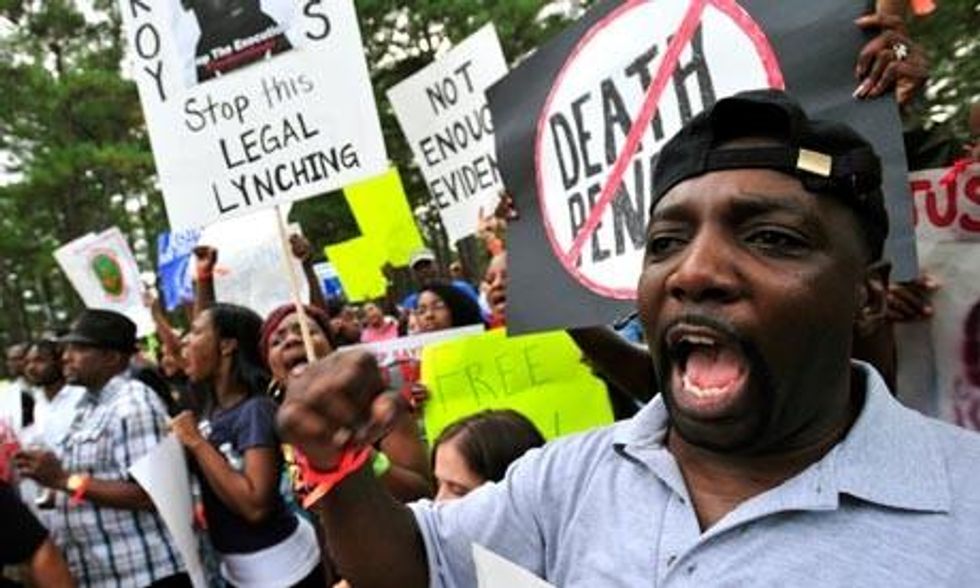While much of the world has moved on, we are still in the fight to end capital punishment. Those of us who loved Troy see this two-year anniversary as more than an opportunity to mourn the death of a good man. We see this day as a chance to reflect on what Troy posthumously achieved and the charge we must all take up in his name to end the immoral practice of the death penalty.
Though he never wanted to be a martyr, Troy wanted to make certain that his execution would fuel a movement to end capital punishment in this country and around the world. Among Troy's final words, he asked his family and friends "to continue to fight this fight" to abolish a system that is wrongfully and unjustly applied.
Since 1973, 142 people have been released from death row throughout the country due to evidence of their wrongful conviction. In this same period, more than 1,000 people have been executed, according to data collected by Amnesty International. It is a near-certainty that there were innocent human beings among them.
In our new book I Am Troy Davis, we highlight the risk of executing an innocent person and underscore the hidden price that so many people pay with each and every execution. Told from the perspective of Troy and his family, we reveal the impact that capital punishment has, not just on the condemned prisoner, but on his family, his friends, and even the guards and prison officials whose job it is to take part in these state-sanctioned (and highly-scripted) killings. We expose Troy's dignity and humanity, juxtaposed against the inhumanity of the death penalty.
In the two years since Troy's controversial execution, we have made significant strides towards ending the broken death penalty system in the United States.
Less than two months after he was killed, Oregon placed a moratorium on the death penalty. Connecticut repealed the death penalty last year; and this year, Maryland became the 18th state to follow suit. Illinois, New Jersey, New Mexico and New York also have abolished it in recent years.
Connecticut's and Maryland's struggles to abolish the death penalty also challenged a commonly held belief that the death penalty "brings closure" or satisfaction to the families of murder victims. Many murder victims' family members testified in both Connecticut and Maryland that the death penalty prolonged and extended their families' suffering, and that resources spent on executing perpetrators could be so much better spent on victim services - not to mention crime prevention, which would lead to fewer victims to begin with.
A 2011 poll conducted by Gallup indicated that support among Americans for the death penalty was at 61%, its lowest level in 39 years. The poll was conducted just weeks after Troy's execution. Thousands were deeply disturbed that Georgia, with the support of the US Supreme Court, was willing to proceed with the execution, ignoring compelling evidence from witnesses who had recanted earlier testimony.
We believe many of the achievements in the fight to abolish the death penalty were inspired by Troy and the global fight to prevent his execution, yet more critical work remains to be done. We will continue to fight this fight, in Troy Davis' name.
We will fight it, state by state, court by court, until we have brought down the system that killed our brother and friend - a system that leaves so much pain and devastation in its wake for countless innocent human beings.




